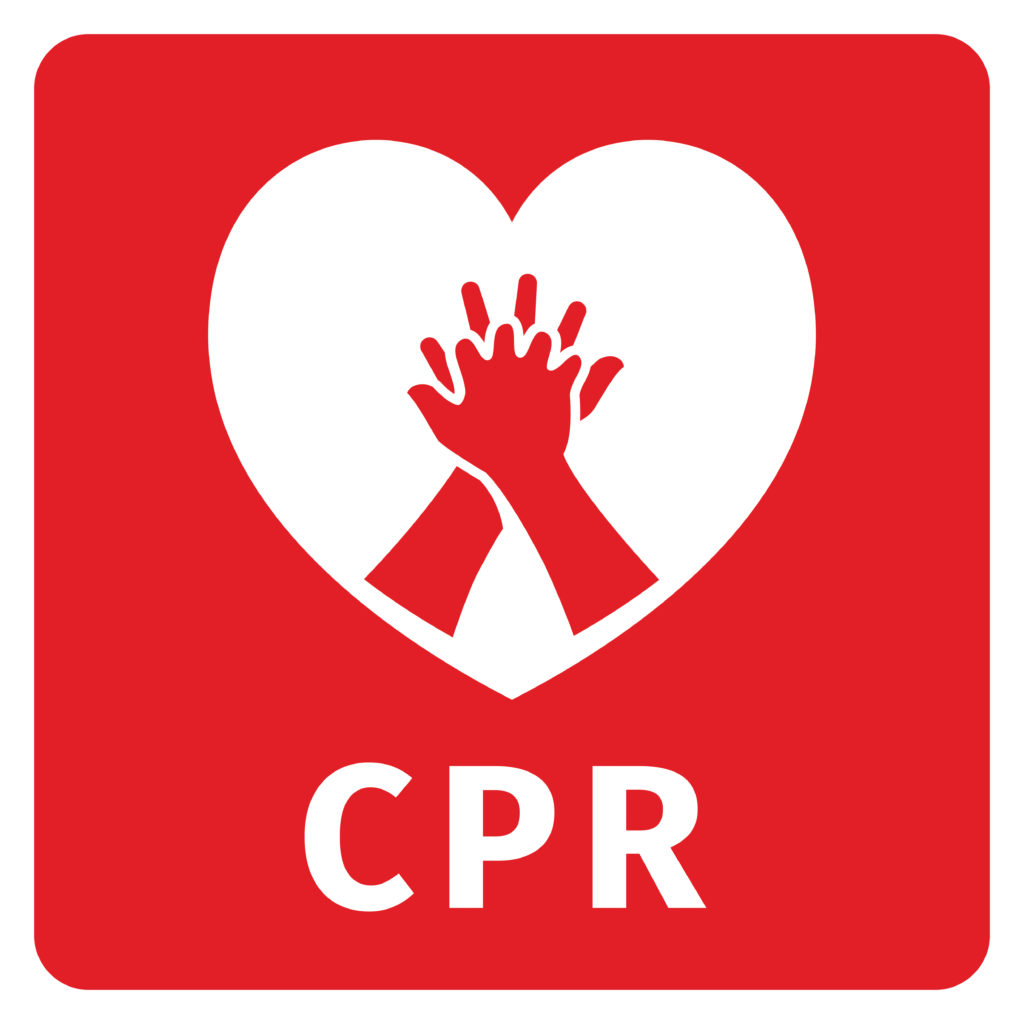Quick Thinking, CPR Save Farmer’s Life
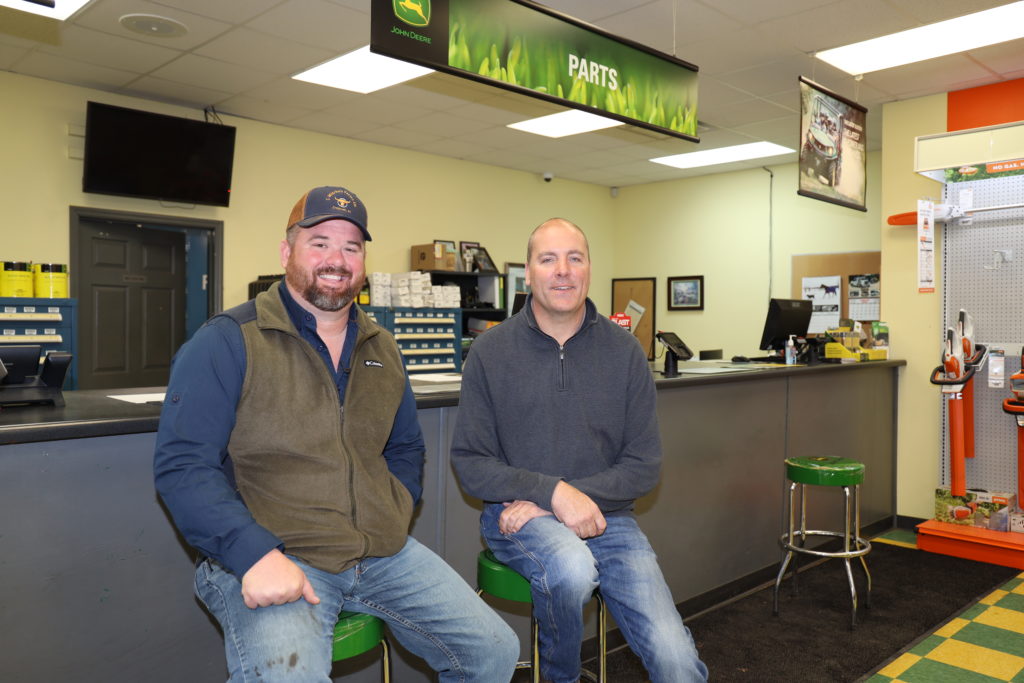
By Marlee Moore
(334) 613-4219
Were it not for a last-minute decision to stock up on mower blades and quick action from a farmer friend, Oct. 19 would have ended very differently for Matt Smith.
“Before I left the farm, I checked to see if I needed bush hog blades. I decided they’d last another year,” said Smith, 41, of Dixie Sod Farm in Pell City. “I came up to Oxford, got the other parts I’d ordered at TriGreen and loaded up the truck. I was about to leave when something told me to turn around and ask if they had blades in stock. I remember thinking, ‘I don’t need these.’
“It was God making sure I went back in the store, because I normally don’t buy things I don’t need.”
Within 30 seconds of re-entering the dealership, Smith collapsed in cardiac arrest. A sales associate called 911. With paramedics en route, TriGreen General Manager Justin Lackey checked Smith for a pulse.
Nothing.
He started chest compressions, and each passing moment felt like a lifetime.
Similar Backgrounds
Lackey and Smith have known each other for over a decade. Smith frequents the Oxford John Deere dealership, and the two were elected president of Talladega and St. Clair counties Farmers Federations, respectively, within weeks of each other in 2021.
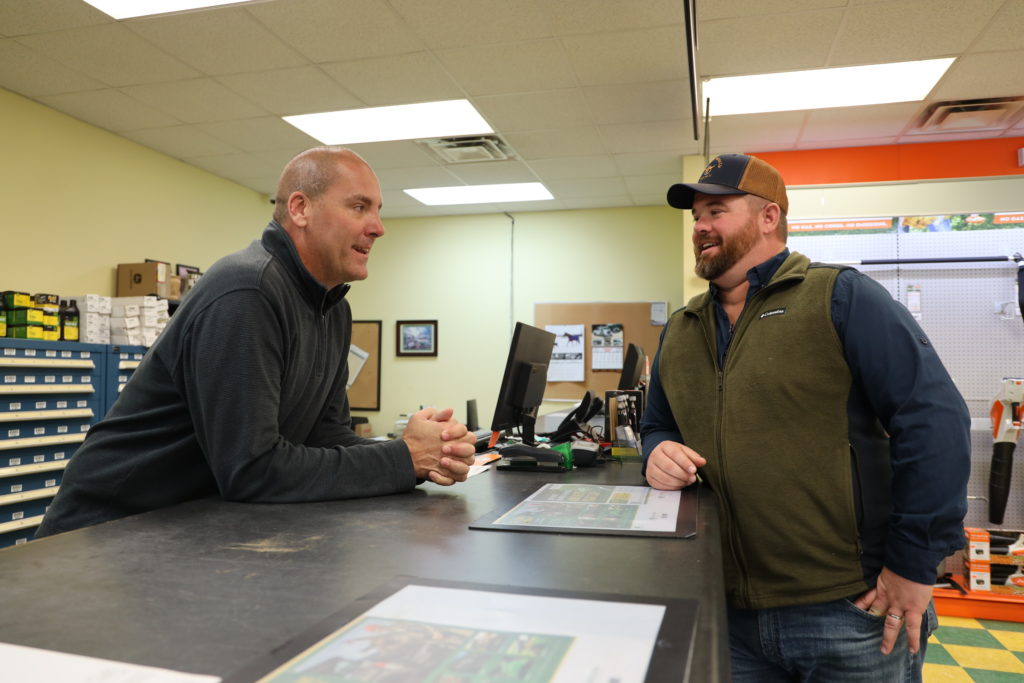
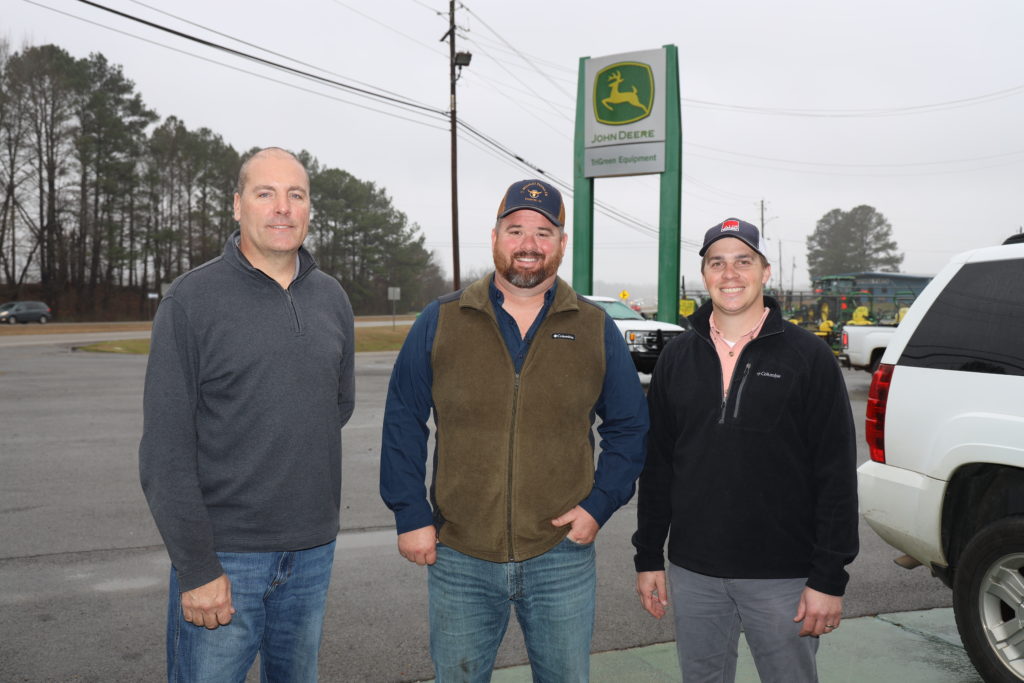

They’re also former law enforcement officers with CPR (cardiopulmonary resuscitation) training.
But knowing CPR and performing CPR are different.
“Making that decision to jump in was tough,” said Lackey, 49. “Once we started, we weren’t going to stop.”
Within five minutes, police relieved Lackey. EMS arrived two minutes later, implemented the automatic-compression LUCAS device, loaded Smith in an ambulance and raced to Anniston Regional Medical Center as Smith regained consciousness.
Lackey called Smith’s wife, Whitney. When TriGreen’s number popped up on caller ID at the farm office, she answered, thinking her husband left the credit card at home.
“I said, ‘Oh, there’s TriGreen. They want our money,’” Whitney said with a small laugh. “Then Justin asked if Matt had a history of seizures. I couldn’t comprehend what he was saying. I just kept asking, ‘Is he alive? Is my husband alive?’ All he could say was paramedics were working on him.”
Whitney’s brother-in-law drove her to the hospital, where Lackey met them at the emergency room and parked their car as Whitney beelined inside.
“The doctors told me I was very lucky,” Smith said. “They said, ‘Most people who experience what you did don’t wake up. But you’re here because of CPR. We might could have brought you back by shocking you, but you would have significant brain damage from lack of oxygen.’ I’ve been told that more than once.”
Cause And Effect
Smith left the hospital four days later following a barrage of tests. Four months down the road, doctors are still unsure what caused the ventricular fibrillation.
“The doctors say it could have been an abnormal beat at just the right time that sent him into it,” Whitney said, as the Smiths and Lackey reminisced about the incident.
“Or the price of those blades,” Lackey said with a smile and chuckle. They laugh together as friends bonded through crisis.
According to the American Heart Association, immediate CPR can double or triple chances of survival after cardiac arrest. Lackey’s quick thinking was lifesaving.
CPR is brutal but simple: Push hard and fast in the center of the chest, around 100-120 beats per minute. A basic rule of thumb is to compress to the beat of a familiar, high-energy song, like “Stayin’ Alive” by the Bee Gees.
“There’s such a misconception about what CPR is,” Whitney said. “You have a stranger who falls out in front of you and think you don’t want to give mouth-to-mouth to a stranger. Well, it’s not about mouth-to-mouth anymore. It’s about compressions and getting blood to the organs.”
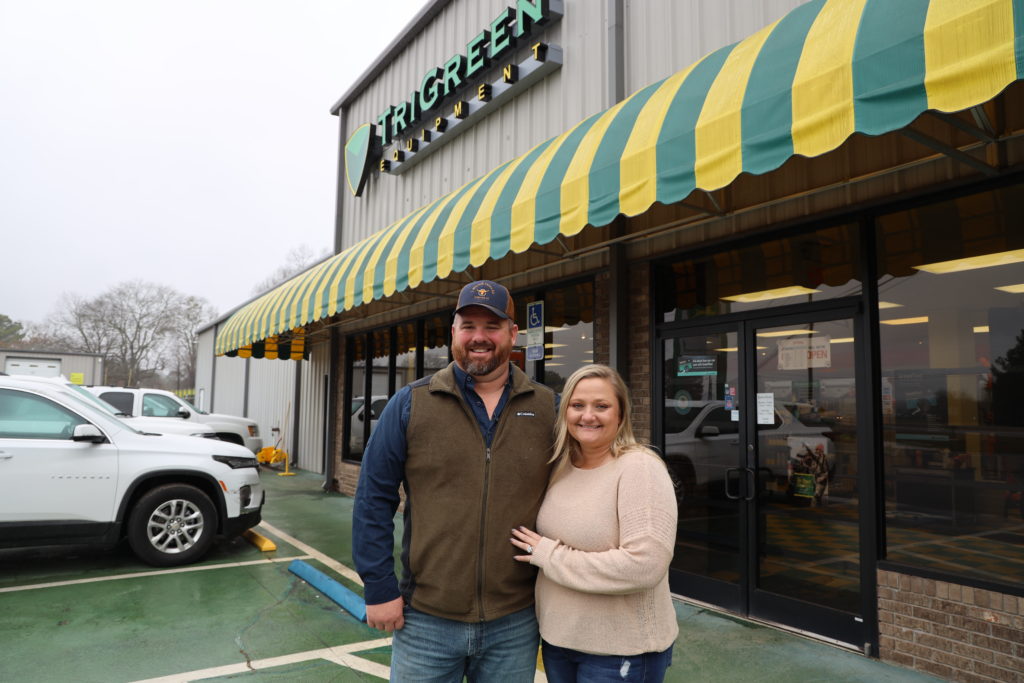
Lessons From A Life Saved
Smith’s takeaway is two-fold: Give God glory for protecting his life and ensure farms and other small businesses prioritize CPR training. Installing Automated External Defibrillators (AEDs), which can greatly increase a cardiac arrest victim’s chance of survival, is key, too.
“I never would have dreamed to have my guys at the sod farm trained,” Smith said. “It’s a social responsibility to be prepared to help your neighbor, like Justin was.”
Lackey takes a similar approach, crediting the Lord for keeping him in the store that day; he’s usually on the road visiting customers. TriGreen is also planning CPR training at all locations this spring.
Lackey’s calm, take-action approach is worth emulating, Whitney said.
“If it goes through your mind that you can’t do it, that you were taught but are scared, just think: You could save a husband, a son, a father,” Whitney said. “You can return that person to their family by taking the initiative to do it.”
Critical Components Of CPR:
- Minimize interruptions in chest compressions
- Provide compressions of adequate rate and depth
- Avoid leaning on the victim between compressions
- Ensure proper hand placement
- Avoid excessive ventilation
Source: American Heart Association
